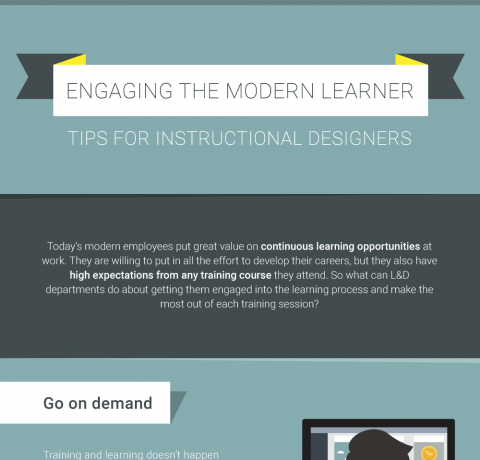15 Science-Backed Memory Tips Infographic
The World Memory Champions can memorize 4,140 random binary digits in just a half an hour. But what about the regular person? There are ways to improve your memory that anyone can do - it just takes some practice. Follow these 15 science-backed memory skills to help you supercharge your mind and learn like a champion.
1. Turn Words Into Pictures
Our brains encode visual memories differently than words, making it easier and quicker to remember visuals. Associate words with pictures to help remember them.
2. Recall Just Before You Forget
We forget up to 80% of information in the first few days. Revisit it the day after learning and frequently after that for the best retention.
3. Concentrate
Keep your attention on the goal at hand. You make three times as many mistakes when multitasking.
4. Learn How You Learn
You might be a visual, tactile, auditory, or kinesthetic learner. School tests scores have risen 50% when students are taught to their strengths.
5. Combine Your Senses
Use a combination of visual, auditory, kinetic, and tactile techniques when learning something to increase memory 10% compared to learning something with just one sense.
6. Make An Emotional Connection
Produce stronger memories by creating an emotional connection to the topic. You can remember up to twice as much information this way.
7. Use Flashcards
Use flashcards to work your active memory recall. They can strengthen memory by 50% according to a study from Washington University in St. Louis.
8. Write It Down
Write meeting notes with pen and paper. You will remember more than typing with laptop.
9. Repeat Verbally, Repeat Verbally
Repeat a list aloud to trick your brain into remembering something. This helps combine brain functions to make the memory stronger.
10. Smell Your Memories
Associate smells to help trigger your brain’s memory of that association. Your amygdala (smell function) is directly connected to the hippocampus (memory function) in your brain.
11. Associate Ideas
Remember things by attaching ideas to them. You are more likely to remember that Dave is a baker than if his last name is Baker.
12. Use a Rhyme All the Time
Think of a rhyme to remember something. It acts as a shortcut to recalling information in your brain.
13. Take a Break
Take a ten minute break to help you retain 20% more information than if you didn’t take a break according to psychologists at University of Edinburgh.
14. Chunk Information
Most people can remember about seven chunks of information in their short term memory. One of the most common examples is a phone number.
15. Memory Palace
Create a room in your mind and imagine putting representations of the information into that room so you can “revisit” them later. This helps link information to your spatial memory.







You can adjust your cookie preferences here.